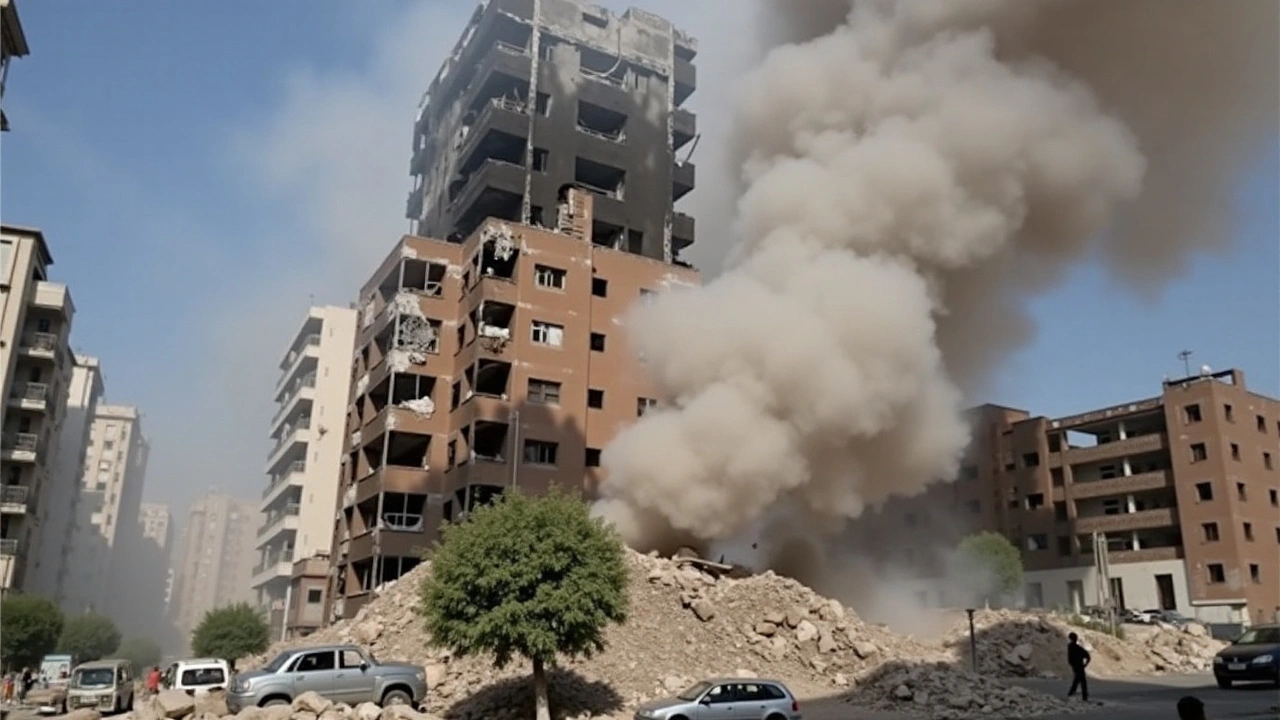Hassan Nasrallah: Who he is and why he matters
Hassan Nasrallah has led Hezbollah since the early 1990s. He runs both a political movement and an armed group based in Lebanon. That mix makes him one of the most influential and controversial figures in the Middle East. If you follow regional security, his statements, alliances and military posture change the game fast.
Why people watch Nasrallah
First, he speaks for a powerful fighting force. Hezbollah is a party in Lebanon’s parliament and a militia with rockets and fighters. When Nasrallah gives a speech, analysts check for shifts in tone—calmer words can lower tensions, hawkish words can trigger clashes. Second, his ties to Iran and Syria matter. Those relationships shape weapons flows, training and regional strategy. Third, he affects Lebanese politics directly. Hezbollah-backed ministers, votes and street power shape who governs in Beirut.
So what should you look for when Nasrallah appears or speaks? Note his main messages: threats toward Israel, calls for regional alliances, or moves to influence Lebanon’s domestic politics. Watch timing too—speeches around anniversaries, conflicts or diplomatic deals often signal a response or a new posture.
How his actions ripple across the region — and to Africa
Nasrallah’s moves rarely stay local. Military clashes with Israel risk wider escalation that pulls in regional backers and affects trade routes and logistics. Lebanon’s political stability is fragile; domestic unrest can hurt commerce and refugee flows, which in turn affect neighbouring countries. For parts of Africa with strong trade or diaspora links to Lebanon, instability means disrupted remittances, shipping delays and security worries at sea.
There are also indirect effects: shifts in Iran’s regional policy change how money and arms move across borders. That can alter the balance in countries where other armed groups operate or where external powers have interests. African governments and businesses that track regional security watch Nasrallah for those knock-on effects.
How to follow Nasrallah reliably: monitor his televised speeches, statements from Hezbollah media, Lebanese mainstream outlets, plus international reporting. United Nations and regional diplomatic briefings often give the wider context, especially when clashes could affect cross-border security. Social media can break news fast, but verify details with trusted sources before drawing conclusions.
Want quick updates? Keep an eye on timing (anniversaries, elections, or major battles), read the immediate message and then look for reactions from Israel, Iran and Beirut’s government. Those responses tell you whether a statement is rhetoric or a sign of real change.
Follow this tag for articles, statement breakdowns and explained timelines. We’ll flag speeches, key moves and what they mean for Lebanon, the wider region and partners who watch from afar.

